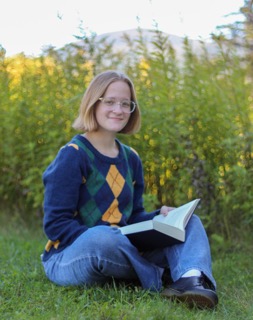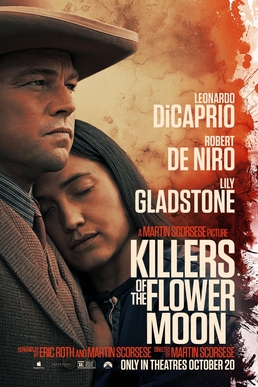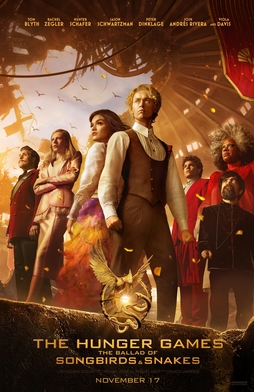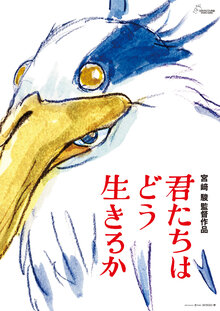Harmful “Humor” on TikTok and Social Media
One of the most common brands of “comedic” TikToks are “basic white girl in class” TikToks, typically created by their basic white male counterparts.
Of course, these videos take minute details such as a style that relies heavily on LuluLemon and Brandy Melville and taunt young girls when they get their licenses and when they gossip during independent work time.
I often find myself frustrated with these videos, even if I also find myself slightly annoyed when my peers waltz into my library block jangling their keys loudly or gossiping while I am trying to ask a question.
These videos, however, are not making fun of young women for getting their licenses or for spreading rumors. These videos are, more often than not, making fun of women’s excitement.
This is not just present in TikToks about school; Video Game bros on Twitter insist that the HBO’s The Last of Us is ruined because of women with fan crushes on Pedro Pascal.
The standard that women are held to online is one that requires them to not be truly excited over things; it is cringey when a woman shares her disappointment over not getting Taylor Swift tickets, but when a man weeps on IG Live over his team losing the Superbowl, it garners sympathy.
What also makes this dichotomy interesting is the difference in levels of excitement between men and women online. When Phoebe Bridgers’ “Waiting Room” was taken off of Spotify, the reaction on Twitter and Instagram from fans was disappointment, but it was very rarely genuine violence or disgust. When Bella Ramsey, a 19 year old genderfluid actor, was cast to play the 14 year old Ellie in The Last of Us, many male fans threatened violence to both Ramsey & the casting directors, lamenting that he was “not hot enough” to play the role.
Of course, it is not just women that are subject to harsh criticism online: the “Band Kid” personality that runs rampant across short form comedy relies heavily on neurodivergent tendencies and stereotypes, and amongst many of these communities, the go-to joke regarding non-binary people is still “I identify as an attack helicopter and my pronouns are ketchup/mustard,” a joke that is completely original and totally has not been around since 2013 Social Justice Warrior (SJW) cringe commentator YouTube.
This criticism is increased ten-fold for BIPOC: the “Hot Cheeto Girl” stereotype still focuses primarily on making fun of Hispanic and Latina women. In this sense, the criticism is focused on making Hispanic and Latina women seem like loud, obnoxious, and dependent on food like Takis and Hot Cheetos. These stereotypes are less about making fun of women’s excitement and more focused on taunting women of color for traits that make them different from the typically white, cisgender men.
Oftentimes, these videos are given the same write-offs that shows like South Park and Family Guy are given: “It’s satire! It makes fun of everyone.” While these videos meet the definition of “satire”—humor used to exaggerate and expose vices and flaws—they are seldom interesting satire. At the very least, South Park allows for its satire to say something original, even if it relies on stereotypes and shock humor. Making the same six jokes—girls who watch nerdy shows only do it for the hot actors; Latina women are loud; Taylor Swift fans and fangirls in general are insane; band kids are smelly and socially inept and love Minecraft—does not add anything to the world. Anyone can find those jokes if they just type “Band Kids” into a TikTok search bar.
More often than not, these videos focus on punching down as opposed to punching up. Given that they are made by cis white neurotypical men and are taunting anyone who is not a cis/white/neurotypical/man, it is kind of like beating up the little guy. It does not read as “subversive” or making a commentary on a specific group; it reads as teasing.
This is not to say that all TikToks making fun of people are bad; I have seen many poking fun at people that make me giggle. But when a TikTok, or any type of content, is reliant solely on stereotypes and punching down, it is not particularly useful.

Kiersten Simpson is a senior. When not writing for the Echo, Simpson can be found onstage or derailing JCL meetings. Simpson has never been stung by a bee, but they are still seeking vengeance on a wasp that stung them. If anyone knows the whereabouts of a wasp that claims to have been on Pontoosuc Lake on May 27th, 2020, please alert Kiersten so justice may finally be properly served.




